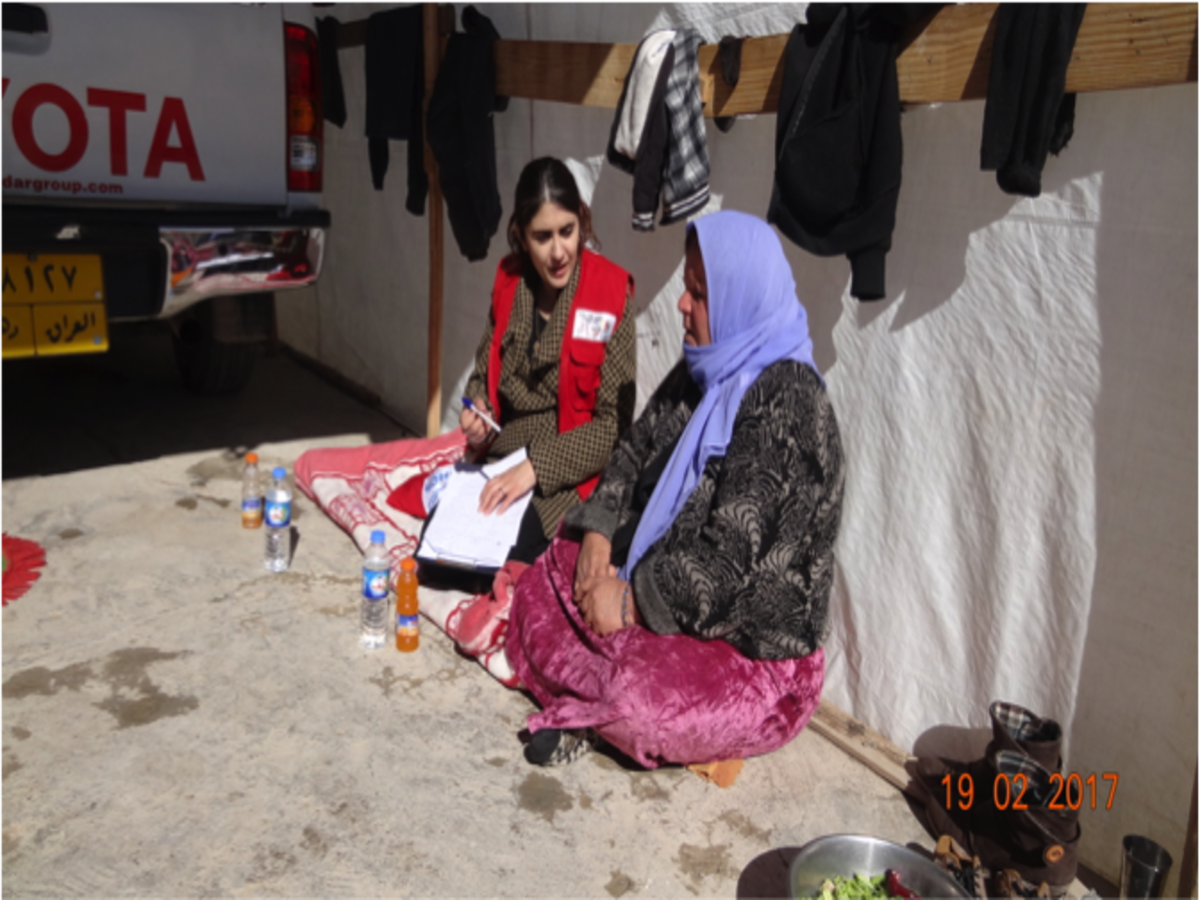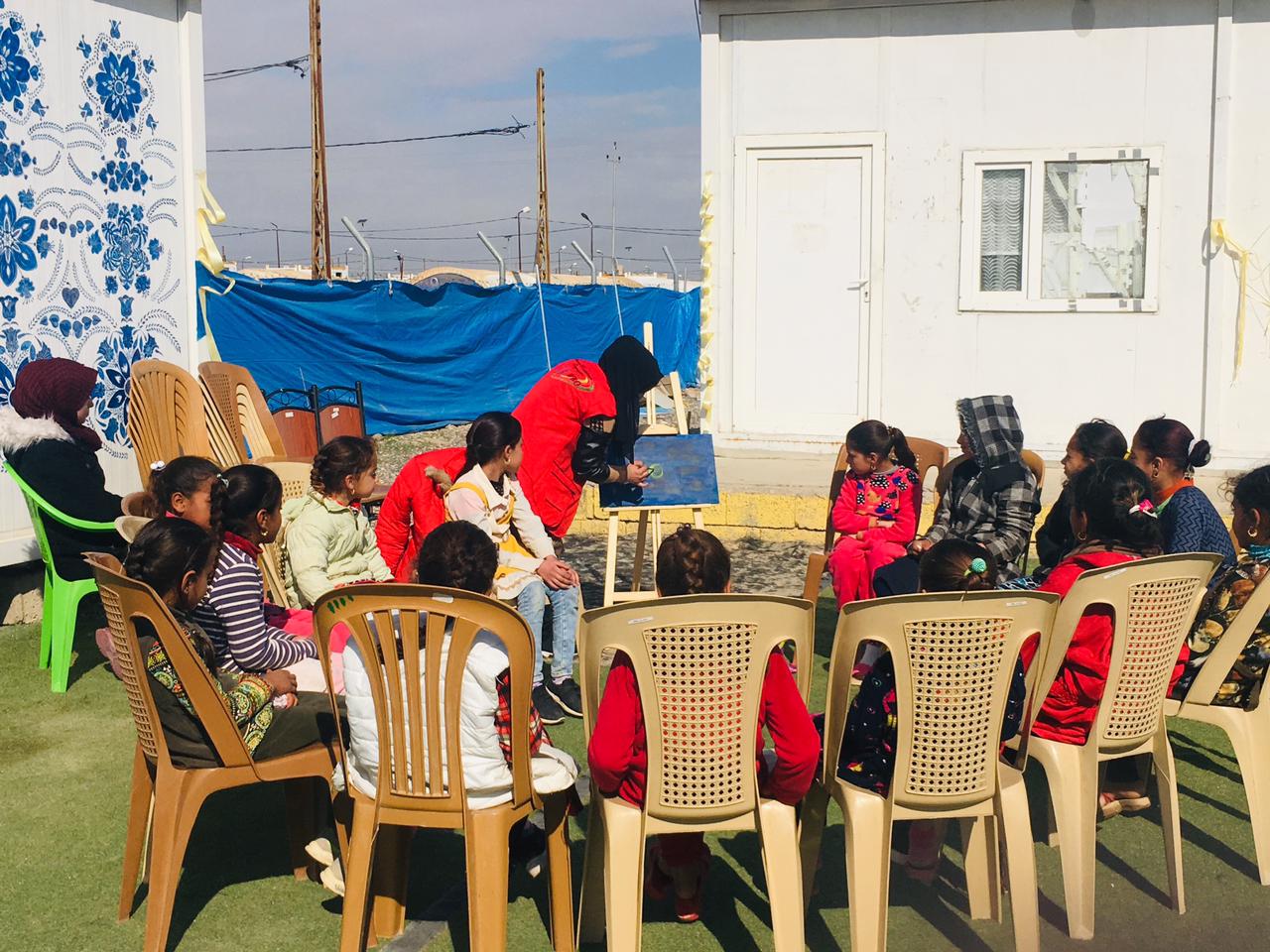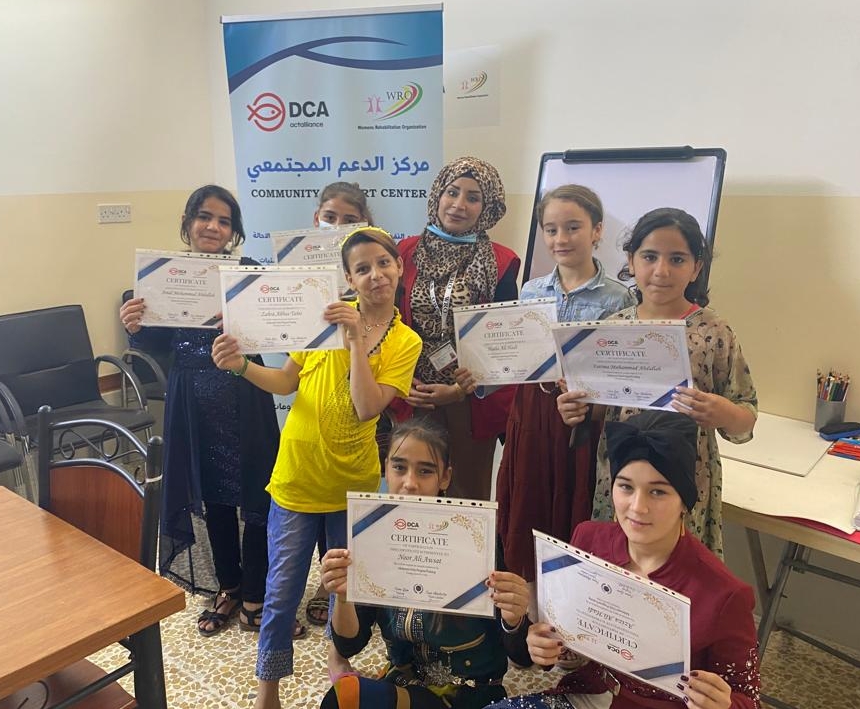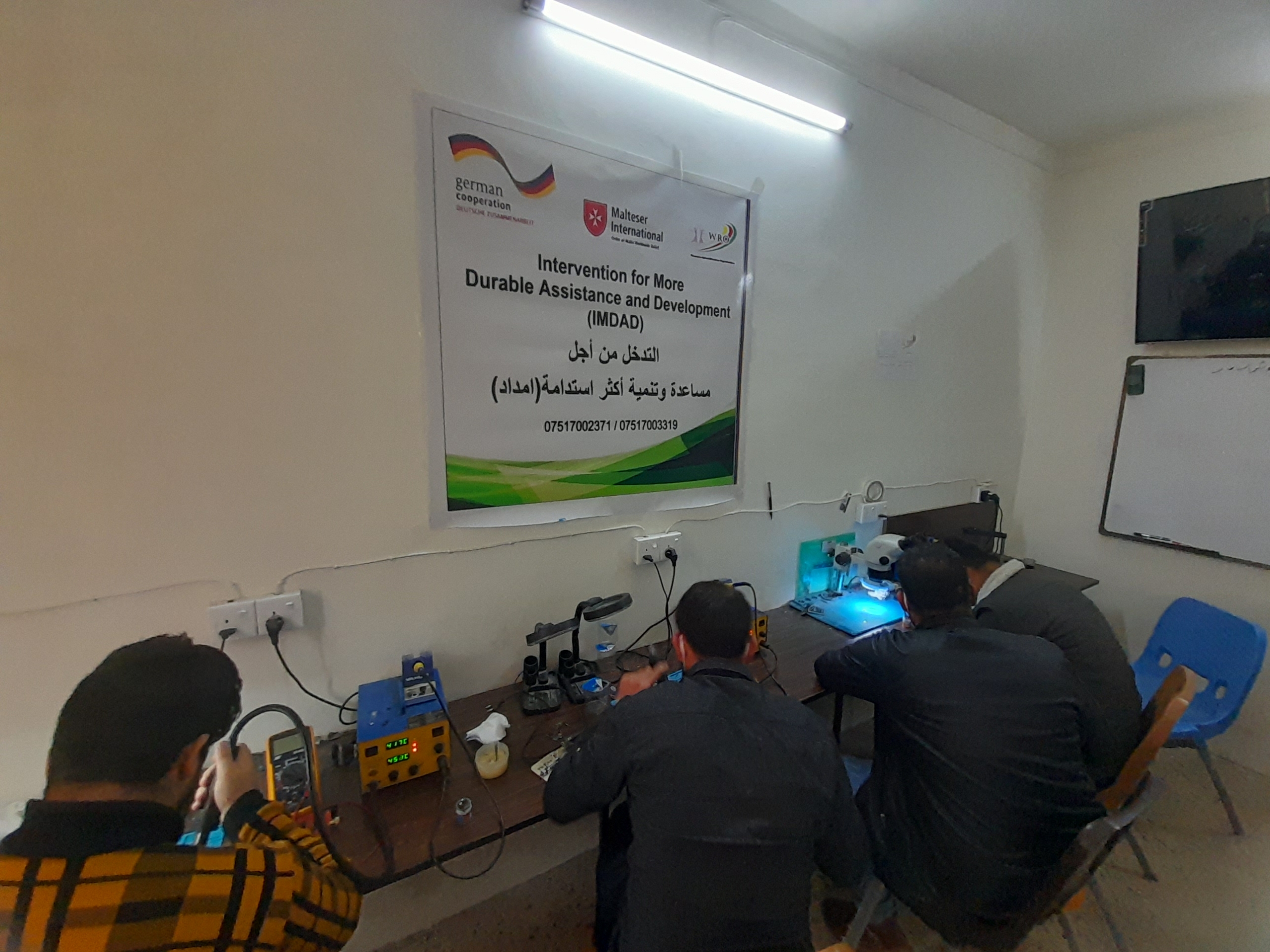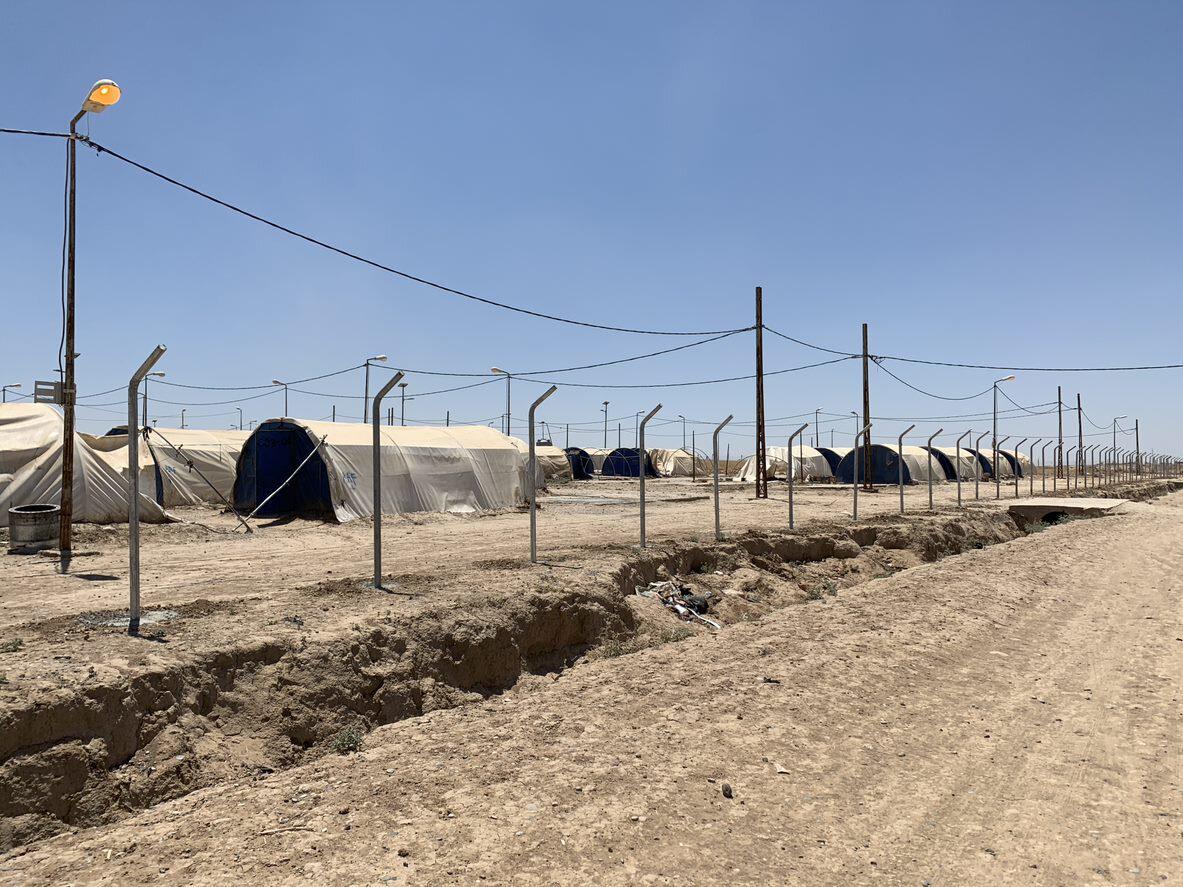Project Description
Funded by: UNHCR
Timeline: January 2017 – December 2017
This initiative seeks to further reduce the risk of Sexual and Gender-Based Violence (SGBV) and improve the quality of response among IDP populations living in Bajid Kandala Camp and Sharia Camp of Duhok Governorate and Zummar, Sinuni non-camp districts of Ninewa Province. Comprehensive social support services are needed for IDP families to heal and recover from the psychological and physical stress and trauma they have experienced. A community inclusive yet safe, survivor based approach is necessary to reach the multifaceted needs of all survivors and vulnerable family members at risk. The impact will be measured by the extent persons of concern are reached through PSS, accessing safe space through the women’s centers, increasing knowledge and access to information about SGBV risks and prevention and response within the communities including access to specialized services for persons at risk of SGBV.
WRO will provide community centers and mobilization teams in Sharia Camp and Bajid Kandala Camp, and non-camp families residing, Zummar, and Sinuni Districts. The teams will reach out to the community through coordination with existing local community structures, Asayesh, Muktars, working groups, and community members to identify vulnerable IDP populations and going door to door, reaching women and girls, men, and boys residing in formal and non-formal housing. In terms of capacity development WRO will provide case management and legal assistance to identified survivors of SGBV or those at risk. The project will engage community members in SGBV awareness sessions, events, campaigns and workshops. Additionally community members will be trained on SGBV prevention and response and WRO will conduct community consultations.
Target Aims
- To reach 2000 community members through SGBV awareness sessions, events and campaign
- To engage 4000 community members in the participation of community workshops
- To engage 120 community members to participate in community consultations
- To train 500 community members on SGBV prevention and response
- To support 300 SGBV survivors or those at risk with case management support and 360 SGBV survivors or those at risk with legal assistance services.



